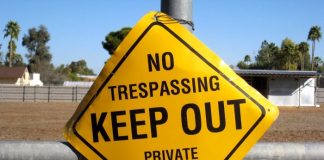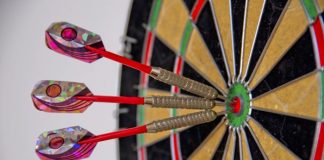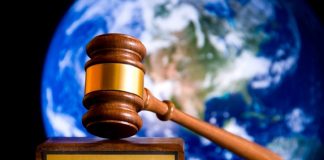Ethics
Our ethics section examines the professional standards that guide responsible journalism. Explore principles of impartiality, fairness, accuracy, and journalistic integrity while also learning to navigate challenging ethical dilemmas journalists face in their daily work. All our material is free to download, adapt and use. Scroll down our site map for all the content in this and other sections.
Conflicts of interest
In journalism, public trust is essential for credibility. One of the most significant threats to that trust are the many possible conflicts of interest that might confront journalists.
Unconscious bias and journalism
Bias is a prejudice for or against a group, often leading to unfair judgements. While it's a normal human trait, understanding our biases is vital for fairness.
Is your journalism ethical?
Reliable journalism is based on applying strict editorial ethics to all we do so that we can examine the issues that have the most impact on the lives of our audience.
Impartiality in journalism
For journalists, being impartial means presenting information without demonstrating favouritism towards any specific viewpoint or party.
Photojournalism and ethics
The following are commonly accepted ethical guidelines for photojournalists adopted by most mainstream media.
Respecting privacy as a journalist
Journalists must balance privacy rights with the need for rigorous, robust investigation into matters of public interest.
Why editorial ethics are important
The Media Helping Media ethics section is designed to help journalists navigate some of the challenges they might face as they go about their work.
Offence and journalism
Rigorous journalism inevitably offends some audiences. Global broadcasters must cover all aspects of human experience to reflect world affairs accurately.
Accuracy in journalism
Precision is the soul of journalism. Rule one is simple: get it right. If you can't respect the absolute need for accuracy, this isn't the career for you.
Fairness in journalism
Fairness in journalism means exploring all sides of an issue and reporting the findings accurately.
Integrity and journalism
Without integrity your journalism is untrustworthy and suspect. Integrity is essential if a journalist wants to investigate issues, shine a light in dark places, and to dig where others don't.










